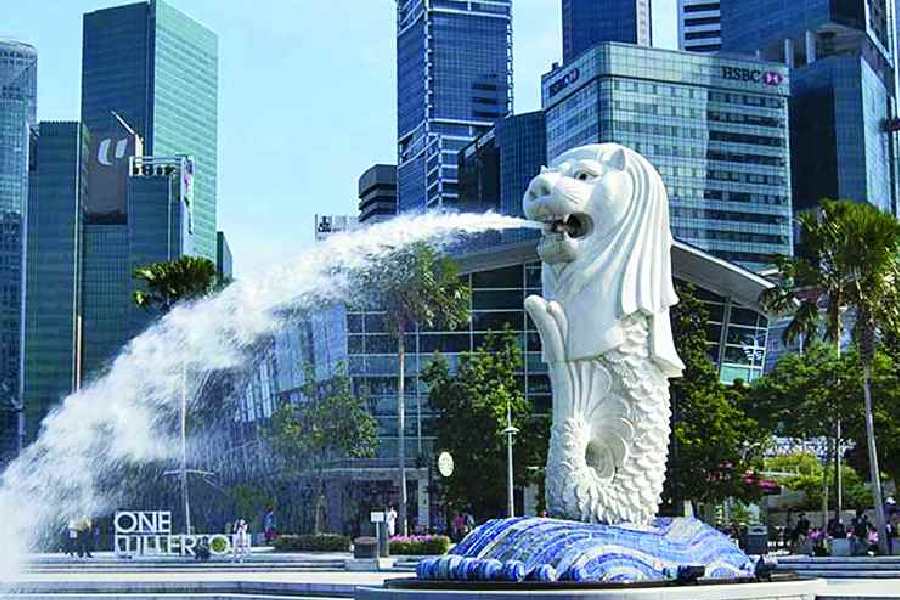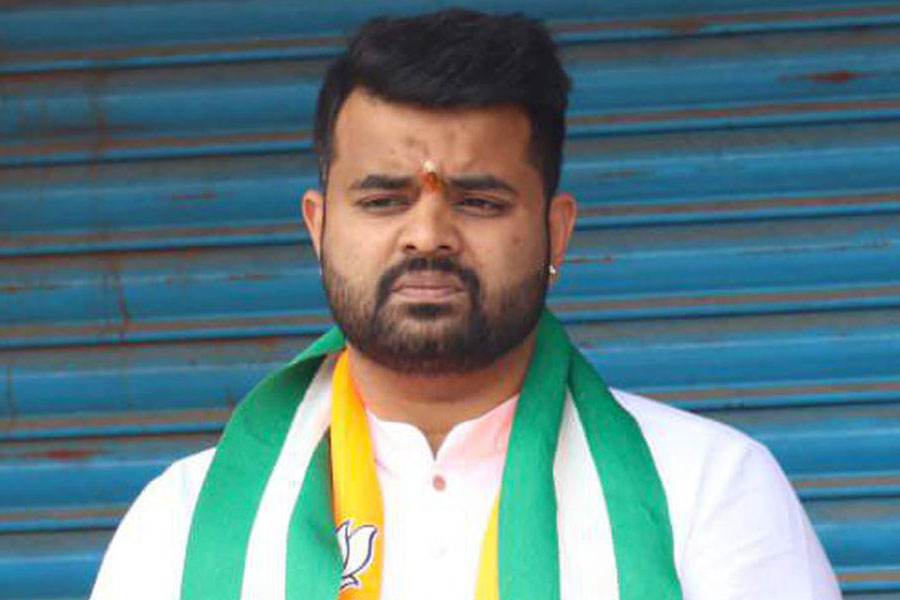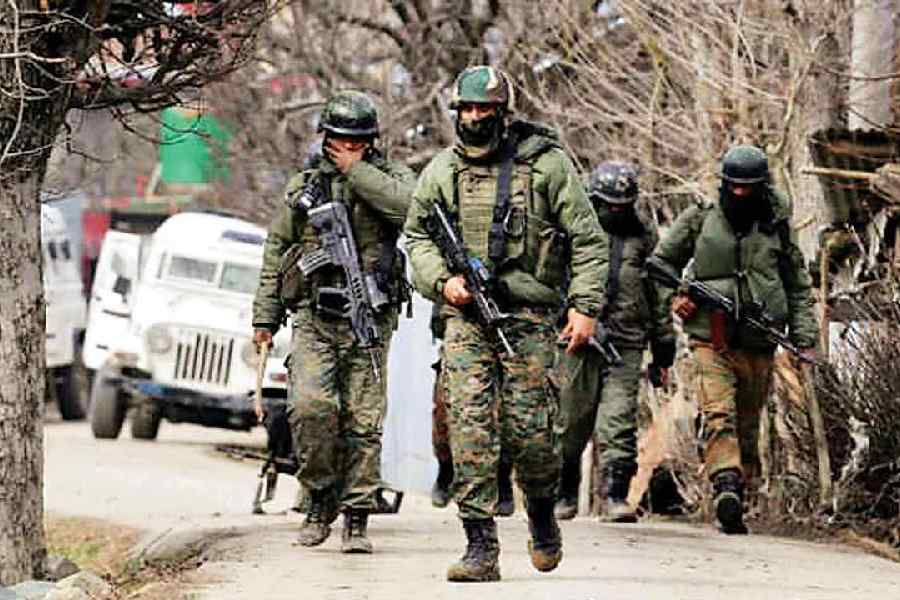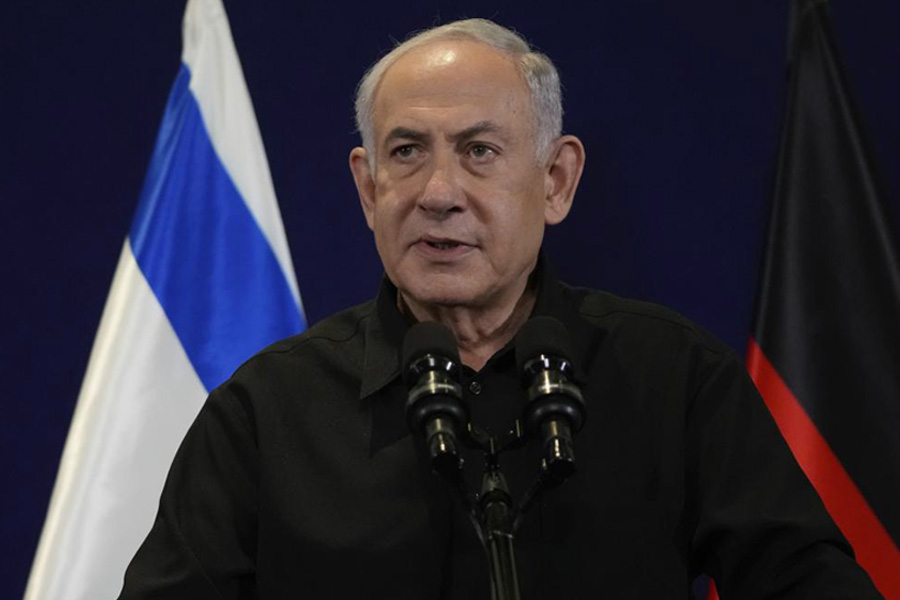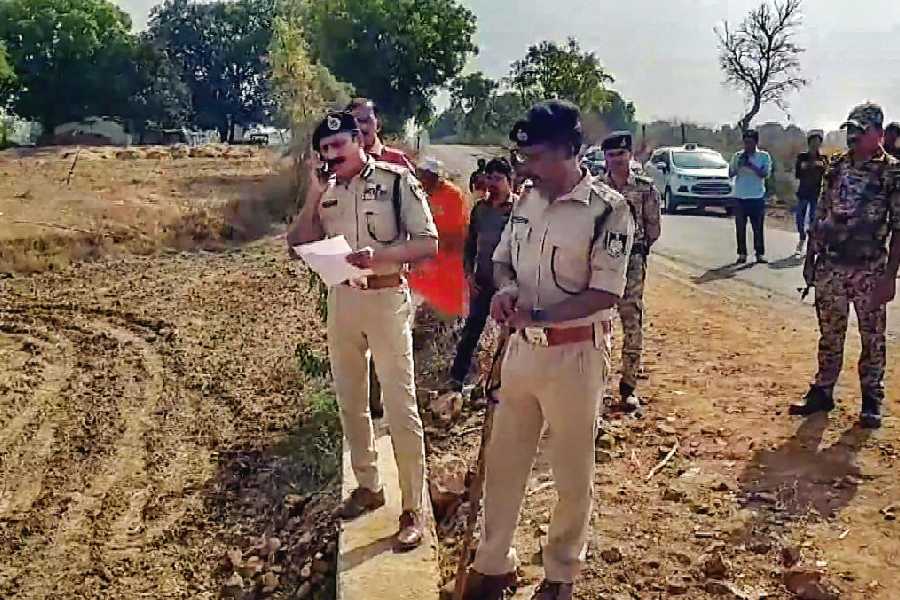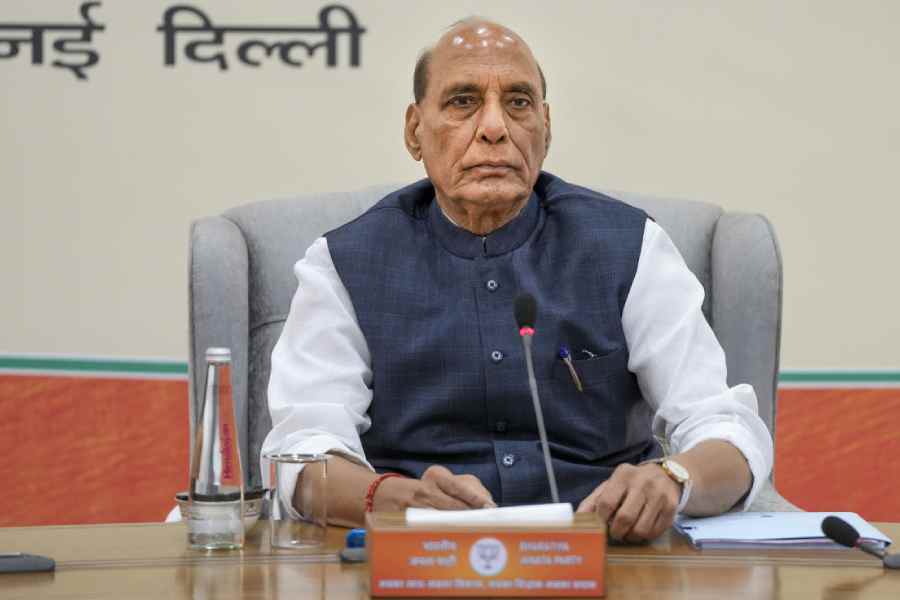An Australian who had moved to Singapore to savour Asia was disappointed to find Singapore so unAsian. “It works!” he complained bitterly. Not even the recent spate of scandals involving sex, race, money, property and sibling rivalry has prompted anyone to accuse this unAsian fragment of Asia of reverting to the “pestilential and immoral cesspool” that a British politician had called colonial Singapore. In fact, the courage of the prime minister, Lee Hsien Loong, last Wednesday in tackling “Singapore Sleaze”, to cite a recent headline in London’s The Economist, may even have reinforced the claim by Jagat Mehta, a former Indian foreign secretary, that Singapore is “the only former colony to make a success of independence”.
Calcutta, from where the British governed Singapore for 44 years, is where it all began. That imprint was still evident in the 1970s in cast iron manhole covers, chunky Usha regulators, Godrej safes, stodgy public works department architecture and an archaic penal code. Chan Heng Wing, the diplomat accompanying Goh Chok Tong, Singapore’s second prime minister, to the Confederation of Indian Industry’s centenary junket in 1995, discerned the blueprint for Singapore’s layout in Calcutta’s juxtaposition of the Maidan, Raj Bhavan, legislative assembly and high court.
Far more important, Singapore is the icon of the future. It embodies the aspirations of Indians who have no time for a Caucasian historian’s dismissal of the city-state as “a sterile, soulless, racist society that has little respect for ordinary human values, let alone human rights.” A per capita GDP of nearly $68,370, palatial mansions modestly codenamed ‘Good Class Bungalows’ that cost an average of $29 million although some sell for as much as $250 million, and the world’s most powerful passport that allows holders freely to enter 192 out of 227 international destinations (who cares that India and Bhutan are not among them when Britain and the United States of America are?) are tailormade for future Ambanis and Adanis. Some might even find the ease with which authoritarian Singapore’s leaders discuss national challenges in Parliament a refreshing contrast to the arrogant silence on matters of national concern like Manipur in the world’s largest democracy.
Singapore bristles with paradoxes. Coffee shop customers grumble about the delay in arresting the transport minister, S. Iswaran, who was released on bail ten hours later with a drastic salary cut. But there can be no question of paying off old scores or nipping in the bud a potential political threat since the Harvard-educated Iswaran is no Opposition demagogue but a ruling People’s Action Party veteran. The prime minister himself, not some anonymous enforcement director, sanctioned action against him. Also in the corruption net is a Malaysia-born Chinese tycoon, Ong Beng Seng, who took Formula One racing to Singapore in 2008. Ong had shot into fame 12 years earlier by selling four luxury flats at discounted prices to Lee Kuan Yew and his son, then deputy prime minister. Although an inquiry cleared both buyers of impropriety and the senior Lee praised Ong as a “straightforward businessman who should not be punished for the incident,” father and son thought fit to return the discounts.
Indians must pray fervently that The Economist’s second headline, “A slew of scandals puts Singapore’s government on the back foot”, does not seriously threaten a dream — and this is the biggest paradox — that India’s ruling party also peddles. What Singapore has achieved — the urban perfection of a ‘Monaco of the East’ — is the tireless promise of slogans about ‘Digital India’, visions of becoming the world’s third- biggest economy, and superfast express trains, even if a fanatic turned one into a charnel house. The yearning for a more prosperous life that created Singapore also inspires 2.5 million Indians every year to join the 32 million already settled abroad and keeps India’s ruling party in power.
Given its level of wealth and worldliness, Singapore can be extraordinarily prudish. Its appeals court, the highest disciplinary body, has cleared Parliament’s deputy Speaker, a lawyer and PAP member, of professional misconduct. The Speaker and a female fellow PAP MP were less fortunate. Both married with spouses and children, they confessed to an affair and had to resign. An additional provocation in the Speaker’s case may have been that he was overheard calling an Opposition Workers’ Party leader a “f*****g populist”. This was followed by the unrelated resignations of two WP politicians who had initially lied about their extramarital affair. The media noted that another WP parliamentarian stepped down in 2021 after admitting to lying in Parliament about a sexual assault case when the police allegedly mishandled her.
Victims as culprits present another paradox. The ethnic mix of Chinese, Malays and Indians, the racist slurs that cling to Lee (unfairly in my view), and rumours about his neurologist daughter, made race an inevitable issue. But if an Indian, a police officer, is currently being tried for complicity in the torture and murder of a young Myanmarese maid five years ago, another Indian, also a policeman, who was found unconscious in his Housing Board block of flats and died in hospital, left behind posts complaining of discrimination at work, bullying, racial abuse and official indifference to his plight.
Asked if racism persists, a former senior minister who is contesting next month’s presidential election says that “race was in the air” even if people were not unfriendly. As the only passenger at the bus stop, he often found that the bus did not stop for him. “That was normal. That was the type of society we were in.” Such “micro-aggression” (his term) can be stopped nowadays. Dubbed Shàng Dámàn, an approximate transliteration of his name, Tharman Shanmugaratnam, by Singapore’s Chinese-language media, his Ceylon-Tamil ancestry and his Chinese-Japanese lawyer wife make him the ideal Singaporean who sets great store by his Chinese calligraphy.
Over all this looms the shadow of Lee Hsien Loong’s estrangement with his brother, Lee Hsien Yang, apparently over the 125-year-old bungalow where their father lived from the 1940s until he died. Like a volcano that sizzles under the ground, sending its fiery streams to erupt in unexpected places, the dispute over whether to demolish or preserve the house finds many outlets. The latest was Lee Hsien Yang’s post accusing a government agency of not only leasing two grand GCBs to two senior ministers but also clearing trees for them and carrying out renovations at government expense.
Although the Corrupt Practices Investigation Bureau denies any wrongdoing, The Economist says the bureau cannot be independent since it is controlled by one of the ministers and reports to the prime minister. “Would The Economist suggest the head of Scotland Yard is not independent because he is appointed on the advice of the UK Home Secretary, in consultation with the Mayor of London?” pointedly asked Singapore’s high commissioner in London. He added that Singapore consistently ranks high in Transparency International’s Corruption Perceptions Index and stood fifth last year, whereas Britain languished in the 18th place.
In an impassioned speech lamenting falling standards in parliamentary democracies worldwide, and citing India where “almost half the MPs in the Lok Sabha have criminal charges pending against them, including charges of rape and murder”, Lee Hsien Loong once asked, “What is to prevent Singapore from going down the same road? Nothing.” I remembered his father’s warning before quitting as prime minister, “Even from my sickbed, even if you are going to lower me into the grave and I feel that something is going wrong, I will get up.” Given the ‘zero tolerance’ of wrongdoing, especially corruption, that the younger Lee promises, and his assurance of appraising personal frailties “humanely and sensitively”, Asia may not need a second resurrection. Singapore’s collapse would deprive Asians of a symbol of success to aim for.

